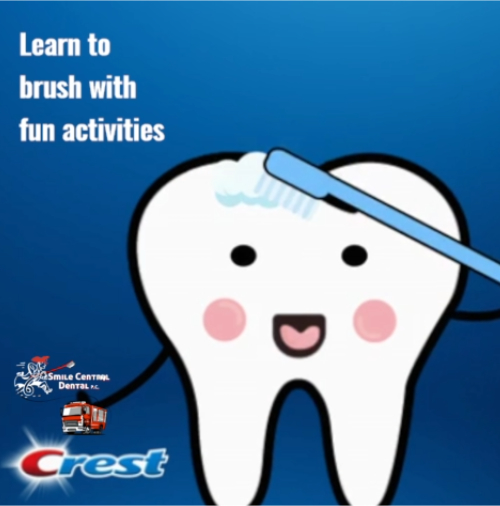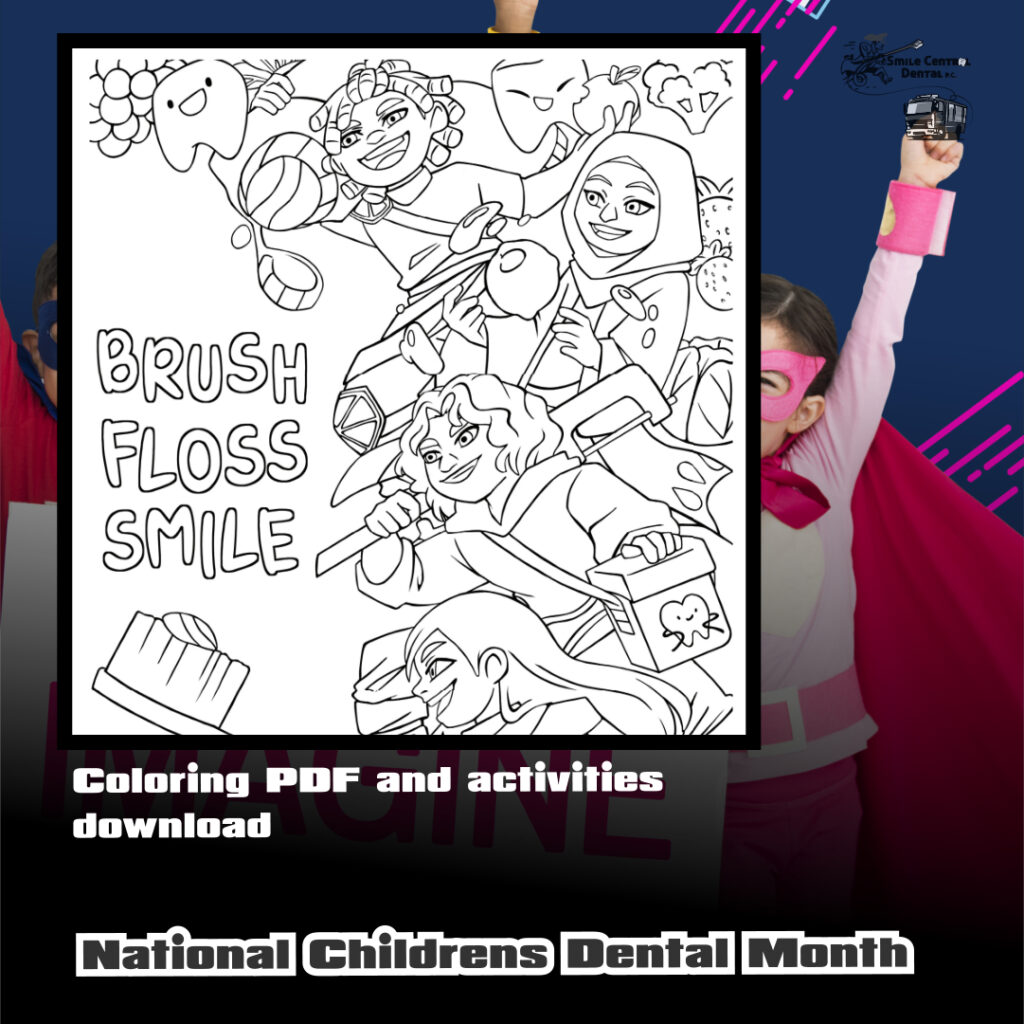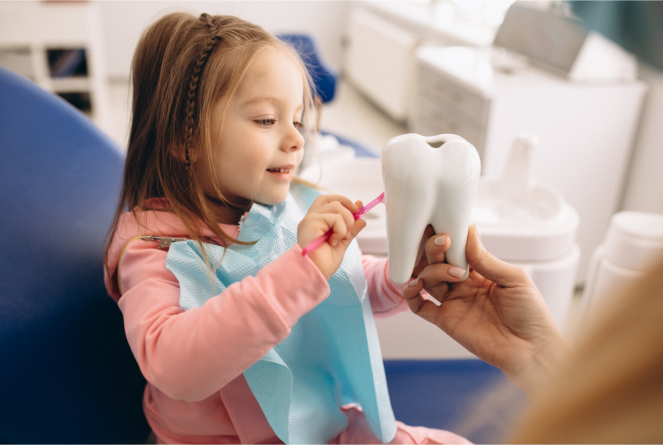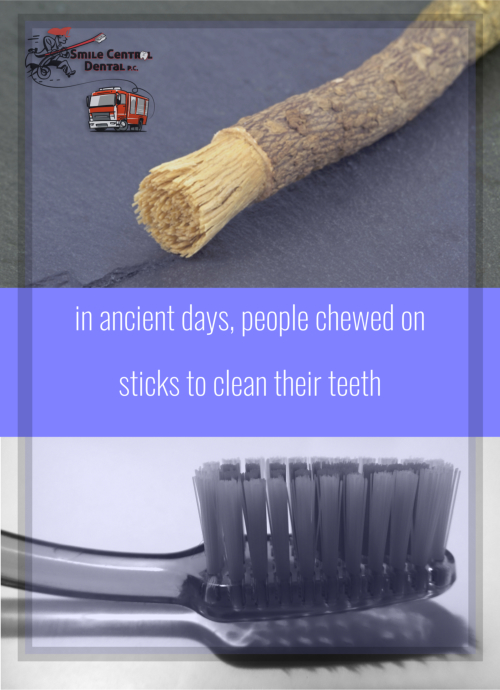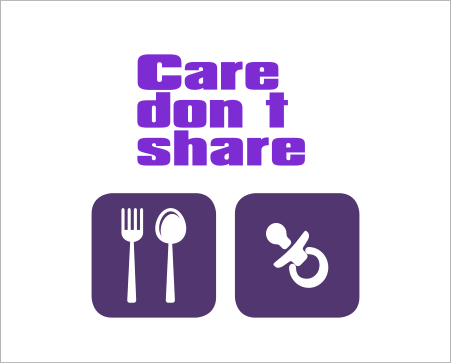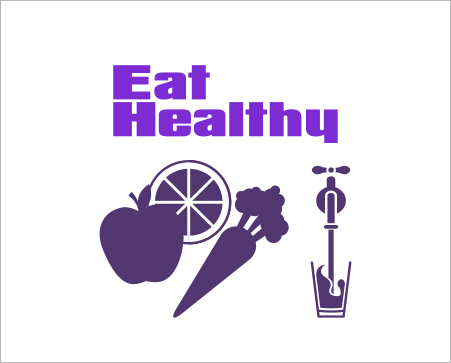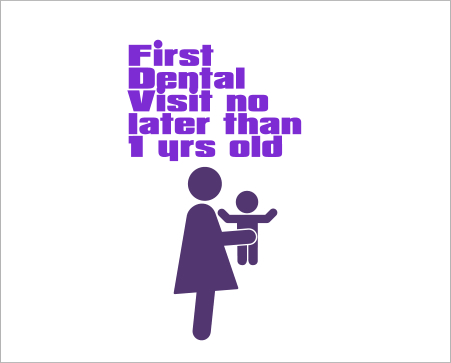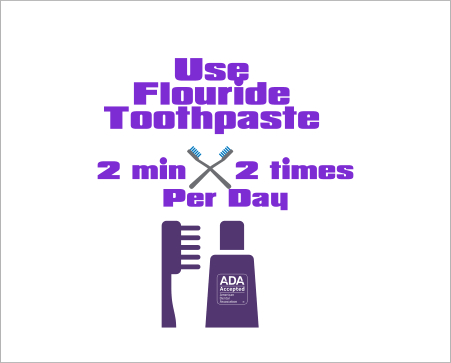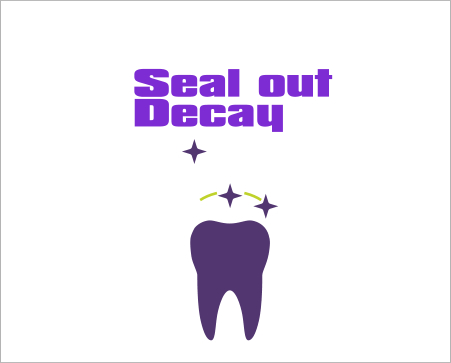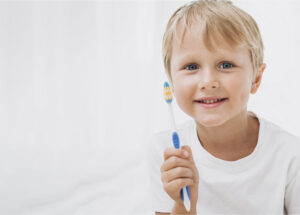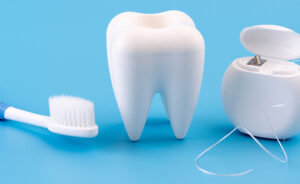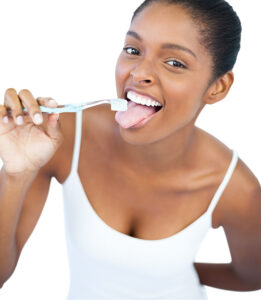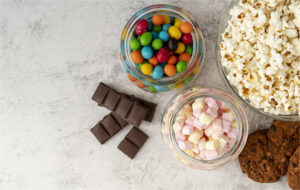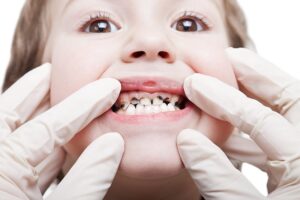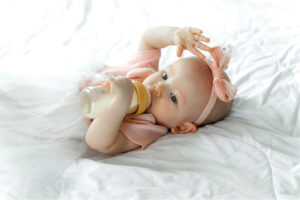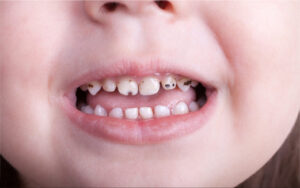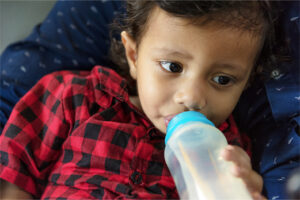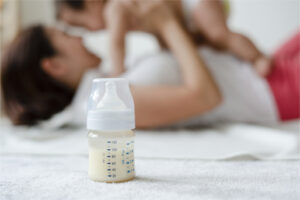Fun in the Sun: Dental Tips for a Healthy Summer
July 10th, 2024
Summer is a time for fun, relaxation, and enjoying the great outdoors. As kids head out to play, swim, and indulge in their favorite summer treats, it's important to keep their dental health in check. Here are some fun and practical dental tips to ensure your child's smile stays bright and healthy all summer long.
- Stay Hydrated
Hydration is key to maintaining good oral health, especially during the hot summer months. Encourage your kids to drink plenty of water throughout the day. Water not only keeps them hydrated but also helps wash away food particles and bacteria that can lead to cavities. Opt for water over sugary drinks like sodas and sports drinks, which can contribute to tooth decay. - Healthy Summer Snacks
Summer is the perfect time to enjoy fresh fruits and vegetables. Offer your children snacks like apples, carrots, and celery, which are not only nutritious but also help clean teeth naturally. Avoid sticky and sugary snacks that can cling to teeth and cause cavities. Instead, make a fun fruit salad or a veggie platter with a healthy dip. - Maintain a Routine
With the relaxed schedule of summer, it's easy for kids to fall out of their regular dental care routine. Ensure they continue to brush their teeth twice a day and floss daily. Make brushing fun by letting them choose a toothbrush with their favorite character or playing their favorite song while they brush. - Protect Teeth During Activities
Summer is full of activities that can sometimes pose a risk to your child's teeth. Whether they're playing sports, riding bikes, or swimming, make sure they wear a mouthguard during contact sports to protect their teeth from injury. Mouthguards are a simple and effective way to prevent dental emergencies. - Limit Sugary Treats
While summer treats like ice cream and popsicles are tempting, they can contribute to tooth decay if consumed in excess. Offer these treats in moderation and encourage your kids to rinse their mouths with water afterward. Opt for healthier alternatives like frozen fruit bars made with 100% juice. - Schedule a Dental Checkup
Summer is a great time to schedule your child's regular dental checkup. A visit to the dentist ensures their teeth are healthy and clean, and it allows you to address any potential issues before the school year starts. A professional cleaning and exam can help prevent cavities and other dental problems. - Educate About Sun Protection
Just as you protect your child's skin from the sun, it's important to protect their lips from harmful UV rays. Use a lip balm with SPF to prevent sunburn and chapped lips. Teaching your kids to take care of their lips is an essential part of overall oral health.
Conclusion
With these simple tips, you can help your child enjoy a healthy and happy summer. By staying hydrated, eating nutritious snacks, maintaining a dental care routine, protecting teeth during activities, limiting sugary treats, scheduling dental checkups, and using sun protection, you'll ensure their smile remains bright all summer long. Remember, a little extra care goes a long way in keeping those pearly whites shining!
So, get out there and have fun in the sun, and don't forget to flash those healthy smiles!


